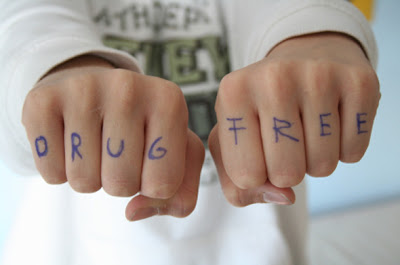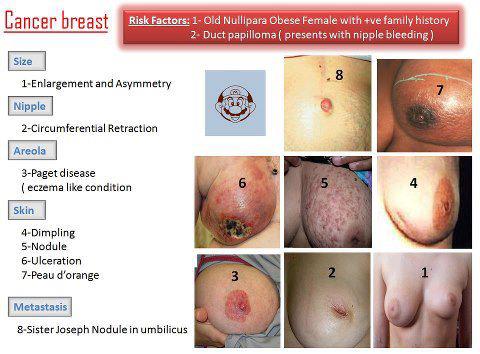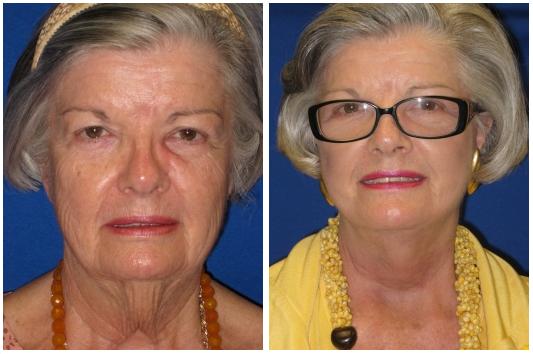Types Of Drug And Alcohol Treatment
There are several levels of drug and alcohol treatment. Before we look for a drug rehab or alcohol treatmentalcohol treatment program, we have to look at the level of care needed for the severity of the problem. Just as there are various levels of use of mood altering drugs, there are various levels of treatment. Here are some levels of care and examples of what may be appropriate for a situation.
Brief Therapy/Intervention - This is usually a very short duration program, but can be very effective. Perhaps a person who really is not involved with alcohol over does it one time on a birthday or New Years and is caught on their first DUI. They may be mandated to attend alcohol classes where education is provided for a few weeks.
Detoxification - The idea that this is treatment is a common misconception. The purpose of a 'Detox' is to safely monitor and de-escalate an incident of intoxification. Generally, as soon as you are medically stable (which is not recovery treatment) you are dismissed from the hospital or facility. Supervised detox is recommended for long term alcohol or benzodiazepine (Xanax, Ambien etc) users as the risk of seizures exists. This may be a required first step before entering treatment.
Outpatient Program - This is non-residential treatment usually consisting of attending a therapy group and/or individual counseling once or twice/week. This may be appropriate for a person' whose use is starting to cause problems, but is not yet dependent
Intensive Outpatient Program - This is non residential but generally consists of 16-20 hours of group and individual therapy per week. Insurance is more likely to cover this form of treatment rather than inpatient treatment. This is less costly than residential, but is appropriate for a person with full dependency. Outpatient programs may be used as a 'step down' after completing residential treatment
Inpatient Treatment - This is your classic drug rehab. It is residential and the programs generally consist of a full day of activities and may last from 4 weeks to a year. It is the most intense form of treatment and these facilities are usually equipped to handle additional global problems associated with addiction such as mental health, physical, emotional and spiritual areas.
I am definitely biased. That being said, I would recommend inpatient treatment for anyone with addiction and chemical dependency. One disadvantage is that it can be costly and insurance generally does not cover it. The reality is that insurance companies will pay out as little as possible for addiction treatment.
The important thing is to get a proper assessment so you can be matched with an appropriate type of drug and alcohol treatment.
By BILL URELL
Brief Therapy/Intervention - This is usually a very short duration program, but can be very effective. Perhaps a person who really is not involved with alcohol over does it one time on a birthday or New Years and is caught on their first DUI. They may be mandated to attend alcohol classes where education is provided for a few weeks.
Detoxification - The idea that this is treatment is a common misconception. The purpose of a 'Detox' is to safely monitor and de-escalate an incident of intoxification. Generally, as soon as you are medically stable (which is not recovery treatment) you are dismissed from the hospital or facility. Supervised detox is recommended for long term alcohol or benzodiazepine (Xanax, Ambien etc) users as the risk of seizures exists. This may be a required first step before entering treatment.
Outpatient Program - This is non-residential treatment usually consisting of attending a therapy group and/or individual counseling once or twice/week. This may be appropriate for a person' whose use is starting to cause problems, but is not yet dependent
Intensive Outpatient Program - This is non residential but generally consists of 16-20 hours of group and individual therapy per week. Insurance is more likely to cover this form of treatment rather than inpatient treatment. This is less costly than residential, but is appropriate for a person with full dependency. Outpatient programs may be used as a 'step down' after completing residential treatment
Inpatient Treatment - This is your classic drug rehab. It is residential and the programs generally consist of a full day of activities and may last from 4 weeks to a year. It is the most intense form of treatment and these facilities are usually equipped to handle additional global problems associated with addiction such as mental health, physical, emotional and spiritual areas.
I am definitely biased. That being said, I would recommend inpatient treatment for anyone with addiction and chemical dependency. One disadvantage is that it can be costly and insurance generally does not cover it. The reality is that insurance companies will pay out as little as possible for addiction treatment.
The important thing is to get a proper assessment so you can be matched with an appropriate type of drug and alcohol treatment.
By BILL URELL




For a while I worked as a drug/alcohol prevention program coordinator. It was our job to get to people early before services like the ones you listed were needed. Sadly, prevention is difficult in today's society. We did a lot of work with treatment facilities because a lot of the people we dealt with already had substance abuse issues or knew someone who did. You've posted some great information here. Hopefully anyone that needs some help will find it here.
ReplyDeleteuseful informative post
ReplyDeleteVery important information wrote here. Hopefully anyone that needs some help will find it from here, Thank you for sharing this information.
ReplyDeletedrug addiction